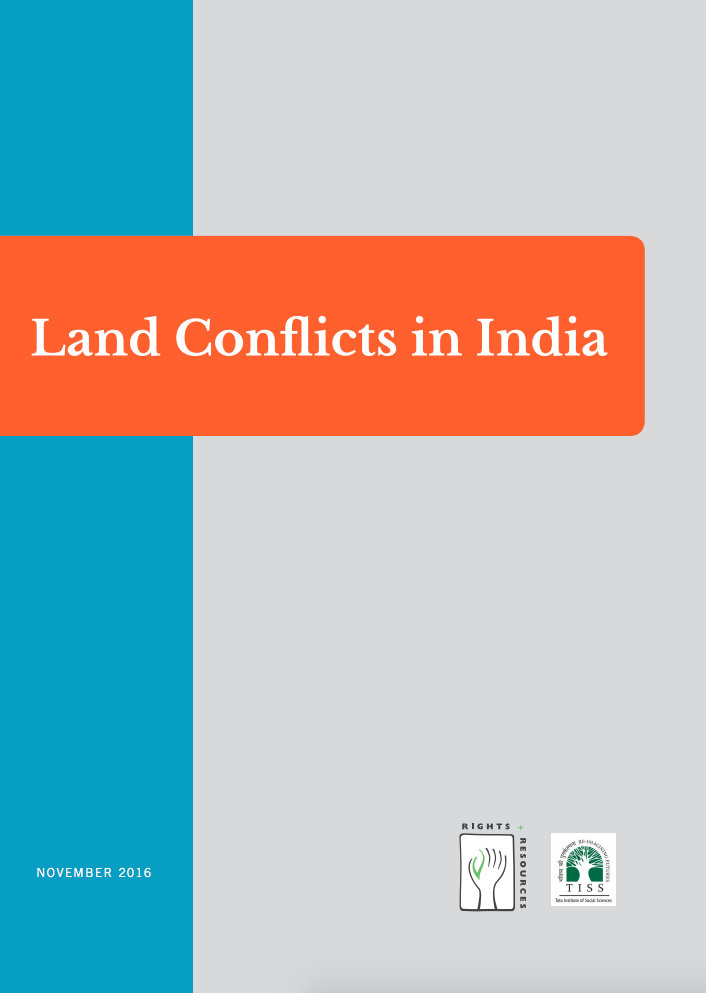Land Conflict in India
Land and resource conflicts in India have deep implications for the wellbeing of the country's people, institutions, investments, and long-term development. These conflicts reveal deep structural flaws in the country's social, agrarian, and institutional structures, including ambiguities in property rights regimes and institutions.




